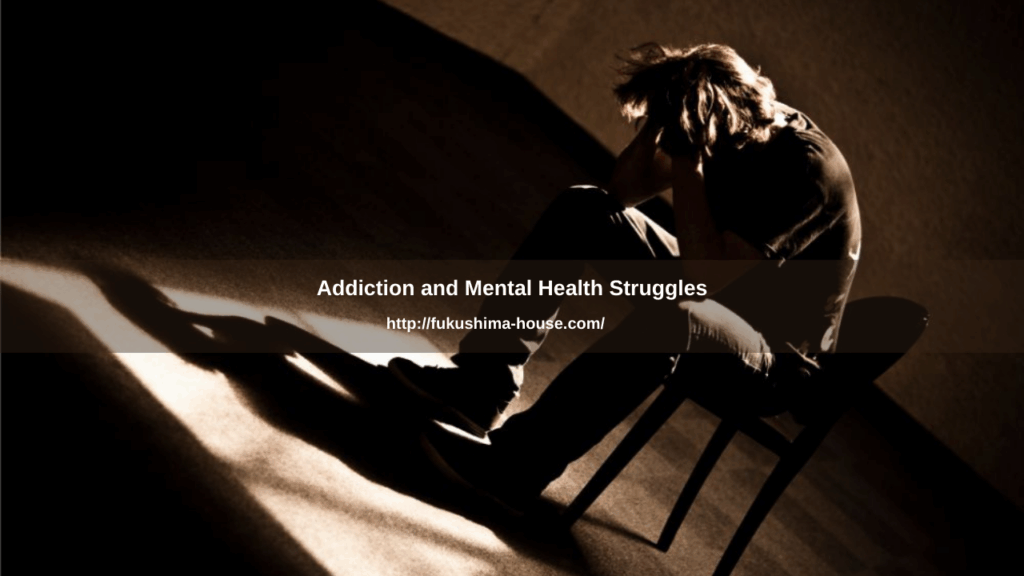
Recovery often begins in the midst of chaos. Addiction and mental health struggles can make life feel unstable and unpredictable, leaving individuals searching for peace. The journey to healing is not only about breaking free from harmful patterns but also about creating a safe space that supports growth and long-term sobriety. At Fukushima House, recovery is about more than treatment. It is about building a sanctuary where body, mind, and spirit can truly heal.
Why a Recovery Sanctuary Matters
Healing takes root when people feel safe, supported, and valued. A recovery sanctuary provides this foundation. It is not just a physical space but also an emotional and spiritual refuge. For someone overcoming addiction, the right environment can mean the difference between feeling stuck in survival mode and beginning to thrive. This is why treatment at Fukushima House focuses on creating spaces that feel like home, while also equipping clients to carry that sense of peace into their everyday lives.
Creating Physical Spaces That Support Healing
Decluttering and Simplifying
The environment we live in directly affects our mindset. A cluttered space can heighten feelings of stress and overwhelm, while a clean and organized setting helps calm the mind. During treatment, individuals are encouraged to simplify their surroundings to create an atmosphere of clarity and focus.
Designing for Comfort
Soft lighting, calming colors, and natural elements such as plants can reduce anxiety and promote a sense of balance. At Fukushima House, recovery spaces are intentionally designed to be warm and welcoming. Small touches, like quiet areas for reflection or spaces for group connection, reinforce the idea that healing environments should nurture rather than overwhelm.
The Role of Emotional and Spiritual Safety
A true sanctuary also provides emotional security. Recovery is a vulnerable process, and it requires the presence of people who encourage growth instead of judgment. Supportive staff, peer connections, and group therapy foster an environment where individuals feel understood and accepted. For many, faith-based practices and spiritual guidance are also powerful parts of building a recovery sanctuary, offering a sense of hope and purpose when the journey feels difficult.
Holistic Healing in Action
Fukushima House believes in treating the whole person. Holistic healing incorporates mental, physical, emotional, and spiritual care into daily recovery. Practices such as mindfulness, meditation, journaling, and physical activity help clients establish routines that reduce stress and strengthen resilience. These practices create not only healthier individuals but also environments where peace can flourish long after treatment ends.
Bringing the Sanctuary Home
The transition from inpatient care to everyday life can be challenging. One way to support this shift is by creating a sanctuary at home. This might include designating a quiet corner for prayer or meditation, keeping a gratitude journal, or surrounding oneself with supportive friends and mentors. By carrying lessons learned in treatment into personal spaces, individuals reinforce their commitment to long-term recovery.
Conclusion: Choosing Peace in Recovery
Finding comfort in the chaos begins with creating spaces that heal. A recovery sanctuary is not only about where you live but also about how you nurture your mind and spirit each day. At Fukushima House, the focus is on helping every person build a foundation of safety, stability, and peace. If you or a loved one are ready to turn recovery into a refuge, reach out today. The sanctuary you need to heal and grow is closer than you think.

